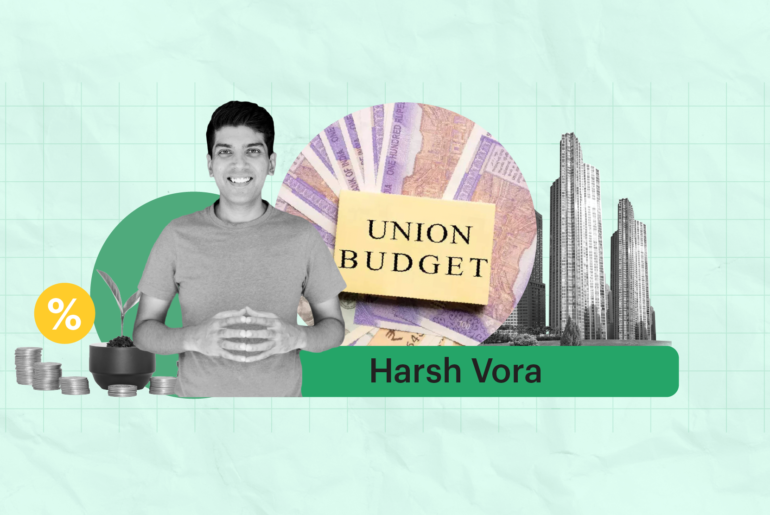Last Updated on Nov 3, 2021 by Ayushi Mishra
The newly listed online food delivery firm Zomato recently received ratings from various investment banking companies. JP Morgan initiated coverage and gave it an “underweight” rating. JP Morgan pinned on it a target price of Rs. 112 per share, which implies that Zomato’s current share price might fall by 9%.
If a stock receives an underweight rating it implies that the stock is likely to underperform. In other words, they’re recommending to either reduce your holding or refrain from buying the stock altogether. This does not imply that the stock is bad, as the same stock could be labelled “equal-weight” or “overweight” by other analysts.
JP Morgan cited the following four reasons behind the negative outlook on Zomato:
Table of Contents
Unjustified Valuations
“Zomato trades at 21 x CY22 EV/Sales which is 4 times higher than the average valuation of global food tech companies, we believe the premium is not justified because of the absence of significant levers like average order value (AOV) and market share gains,” says JP Morgan.
Average order value (AOV) likely to dip
The current AOV for Zomato is Rs. 460, which is 1.6 times more than the pre-covid figure. According to JP Morgan analysts, AOV is the most important factor determining contribution margin, and in the case of Zomato, they foresee a significant reversal of AOV. They predict that the frequency increase in existing customers is likely to come from lower-ticket size consumers. And the new customers from the top 50 cities are likely to utilise smaller basket sizes because their spending proclivity is lower than that of the top 10 cities.
Increase on Discounts
Discounts provided by Zomato to its customers have been declining sharply over the last 2 years. JP Morgan believes that as discretionary spending alternatives increase in a recovering economy, discounts will need to climb rapidly again to promote market expansion, reacquire inactive consumers, and retain customer wallet share.
Market share
JP Morgan believes that Zomato does not show scope to expand its share over rival food delivery firm, Swiggy. They expect Swiggy and Zomato to remain competitive, stating that the duopoly will continue to own ~50% of the market.





